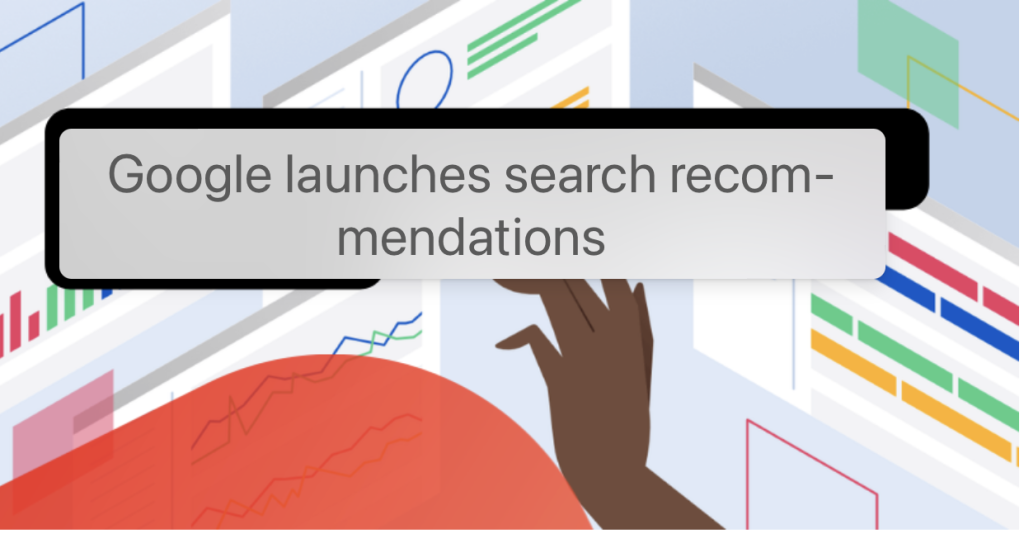Google Launches Search Recommendations

Google will now provide a list of related topics in search results, giving users an easy way to simply click on each one. The height of the issuance in some way will become similar to the recommendations and trends of TT or Pinterest.
According to Google :
You can add or remove topics marked with a + symbol to quickly increase or return to your search. For example, if you search for “dinner ideas”, you might see topics like “hearty” or “easy”. Clicking on a topic adds it to your query, helping you quickly refine your search results with less typing.taking into account all his wishes.
It’s most reminiscent of Pinterest’s Managed Search, which was added back in 2014, but on the main Google search page.
Google has already implemented managed search for images and the Purchased tab several times. Functionally, this isn’t new, but it’s interesting to look at the overall Google search process and how it could play a role in shaping future search results trends and how ads are optimized.

Google says the lists of related topics are dynamic and will evolve based on user behavior and trends.
SEO Changes
From an SEO standpoint, the add-on doesn’t make much of a difference, as long as it works with existing trends, add-on qualifiers should relate to what people are already searching for, rather than directing users to new and different areas of interest. But it can amplify existing trends by replicating them for more users.
For example, if people who are looking for dinner ideas regularly choose “light dinner” as an add-on, this could make the topic of healthy eating a more popular search trend as more people lean towards them because of these clues. More! MORE RECOMMENDATIONS! You open the browser, and there are already all “your interests” from the color of socks to breakfast, a brave new world.
Thus, it can steer user behavior towards more common trends. Which shouldn’t have much of an impact, but can make the most common trends even more meaningful.
Perhaps this affects search terms with long descriptions as people stop detailing. But it also suggests that many people may end up using these additional terms. As already noted, systems based on artificial intelligence and machine learning are becoming more and more common elements of user behavior control on the Internet.
Newer systems such as ChatGPT (OpenAI) could potentially even surpass Google in more detailed responses to user queries based on various web inputs.

Thus, it can steer user behavior towards more common trends. Which shouldn’t have much of an impact, but can make the most common trends even more meaningful.
Perhaps this affects search terms with long descriptions as people stop detailing. But it also suggests that many people may end up using these additional terms. As already noted, systems based on artificial intelligence and machine learning are becoming more and more common elements of user behavior control on the Internet.
Newer systems such as ChatGPT (OpenAI) could potentially even surpass Google in more detailed responses to user queries based on various web inputs.

